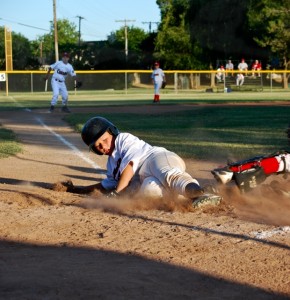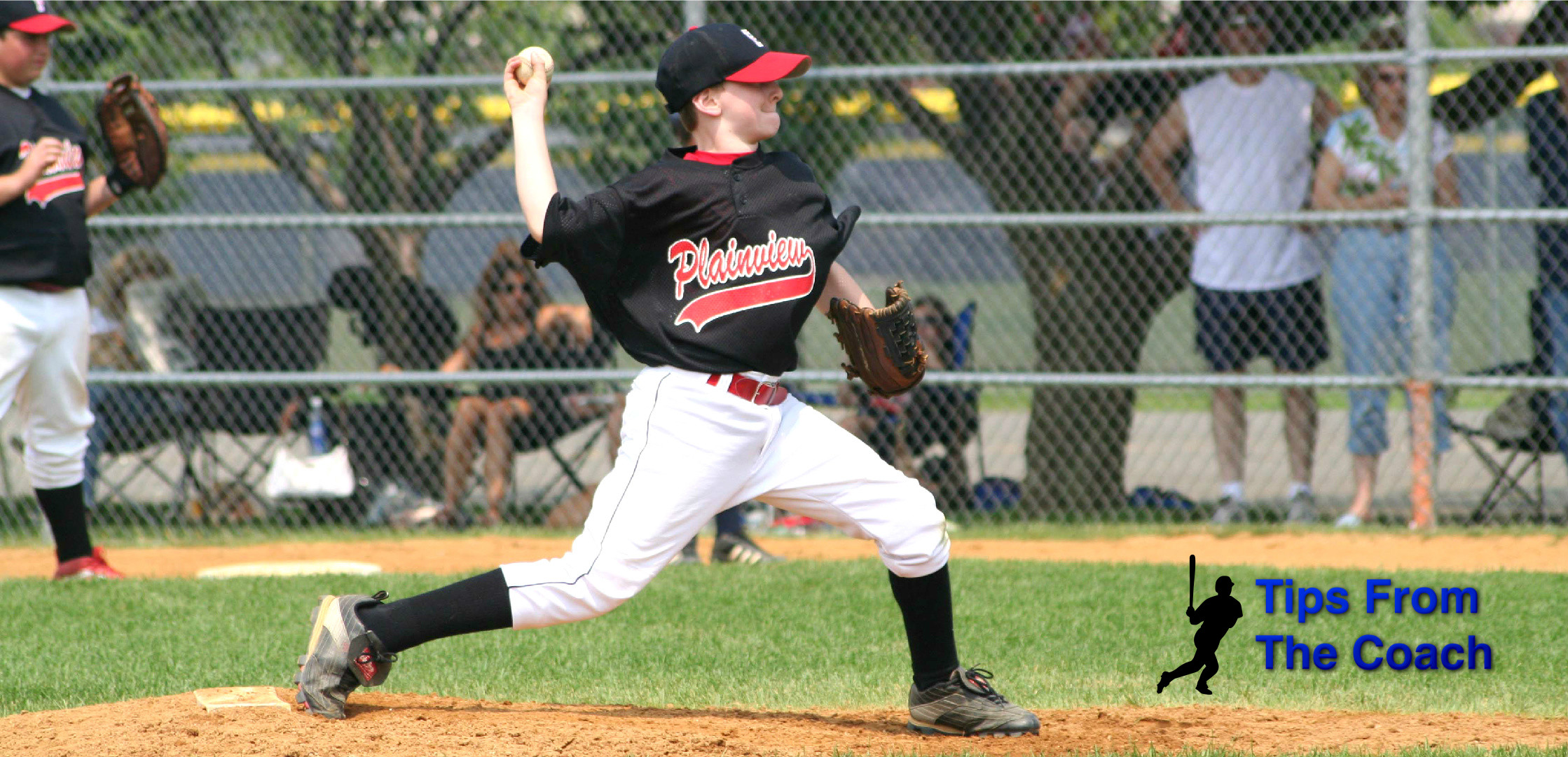 In the US, we have a deep love for sports. We like to play. We like to watch. We like to be fans. Although participation, activity, and camaraderie is enough for some athletes, most who compete have a drive to succeed. In fact, developing this drive to win is one of the great lessons that sports teach our youngsters.
In the US, we have a deep love for sports. We like to play. We like to watch. We like to be fans. Although participation, activity, and camaraderie is enough for some athletes, most who compete have a drive to succeed. In fact, developing this drive to win is one of the great lessons that sports teach our youngsters.
The use of performance enhancing (aka ergogenic) drugs is at all time high in the United States today. It’s no wonder. According to Dr. Nicholas J. Honkamp, an orthopedic surgeon from Des Moines, nearly 60 percent of high school students play on formal sports teams, some school-affiliated and some not. And somewhere between one and three million US athletes of all different ages are taking some form of performance enhancing drugs. Many of these athletes are youths who use these substances without sufficient knowledge of both their risks and potential benefits. As of the summer of 2013, there has not been widespread use of performance-enhancing drugs among youth baseball players. That’s good. However, we can learn much from this week’s MLB suspensions stemming from the Biogenesis scandal.
 1. If someone cheats, then it’s usually no problem for them to lie as well.
1. If someone cheats, then it’s usually no problem for them to lie as well.
2. Every professional team and most players have “handlers” to help them sound as nice and as likable as possible. Even colleges have people to help with this. So don’t listen to what they say. Watch what they actually do. Especially before they know everyone is watching.
3. This was not “making a bad decision.” A bad decision is not taking an umbrella and getting caught in a rain shower.  Seeking out, paying for, and taking PEDs, even before they were specifically banned, was always a bad choice because they harm your body in the long term. When balanced with the benefits of playing a sport professionally, some felt that this artificial enhancement was a personal choice, similar to cosmetic surgery for a Miss America contestant. But PEDs always violated the spirit of the game, and for several years now it’s specifically banned.
Seeking out, paying for, and taking PEDs, even before they were specifically banned, was always a bad choice because they harm your body in the long term. When balanced with the benefits of playing a sport professionally, some felt that this artificial enhancement was a personal choice, similar to cosmetic surgery for a Miss America contestant. But PEDs always violated the spirit of the game, and for several years now it’s specifically banned.
4. Taking PEDs is cheating. Those who cheat hurt their team, the competition, and the whole spirit of the game. Lying about it afterwards (or trying to cover it up) makes everything far, far worse.
5. You keep your reputation with your your whole life. Long after the advantages you got disappear, when people find out about your cheating, you will be defined by it. If you run with skunks, you will smell like one.
Although performance is youth baseball is more likely to be affected by PRDs (performance reducing donuts) than PEDs, there’s still lessons to be learned from the PED scandal in baseball.




No Comments
No comments yet.
RSS feed for comments on this post.
Sorry, the comment form is closed at this time.